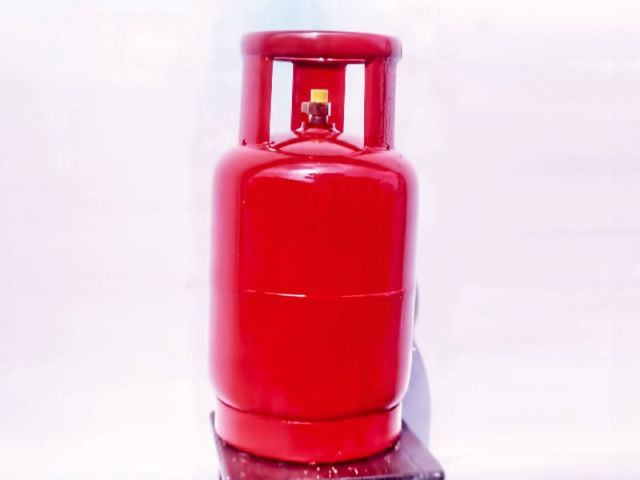LPG industry considers challenging new safety rules
New conditions make it difficult to invest in capacity expansion.

LPG industry considers challenging new safety rules
According to sources, some stakeholders of the LPG industry have sought legal opinion from experts on the new industrial gases safety rules, which give discretionary powers to the chief inspector of the explosives department and create hurdles in the way of fresh investment because of new conditions for capacity expansion of LPG companies like safety distances.
Under the new rules, the explosives department has hired its own third-party inspectors while Ogra has different inspectors.
“The new rules are different from the safety rules made by the Oil and Gas Regulatory Authority (Ogra), so the industry is undecided whether to base their investment plans on rules of the explosives department or the conditions of Ogra,” an official said. Before 2010, the rules of the explosives department and Ogra were same.
In 2010, the Department of Explosives introduced the Mineral and Industrial Gases Safety Rules, which empower the chief inspector of explosives to test, inspect and monitor petroleum, compressed natural gas (CNG) and LPG operations.
“This is an anomalous situation as the Ministry of Industries is interfering in the functioning of the Ministry of Petroleum,” a legal expert said, adding the 2010 rules overlapped and sometimes ran contrary to the CNG (Production and Marketing) Rules 1992, which are administered by the Ministry of Petroleum through Ogra.
Incidentally, the subject of explosives was on the concurrent legislative list of the Constitution which has been deleted with the passage of the 18th Amendment. Consequently, this subject legally and constitutionally should no longer be administered by the federal government as it has been devolved to the provinces.
“We are of the opinion that the industries secretary should be approached to challenge the validity of the Mineral and Industrial Gases Safety Rules 2010. In case of no reply or an unfavourable response, the validity of these rules should be challenged through a constitutional petition,” the expert said.
The petroleum ministry also alleged that the Department of Explosives had not taken it on board in framing of rules. According to the ministry, the factors responsible for cylinder blasts included, among others, the overlapping functions of related federal agencies like Ogra and the Department of Explosives.
“It has been noted that if one regulator like Ogra takes preventive measures to ensure quality control and safety parameters under the CNG Rules 1992, the other regulatory department can undo such actions by taking leverage of its own rules,” a petroleum ministry official said.
Published in The Express Tribune, May 8th, 2012.


















COMMENTS
Comments are moderated and generally will be posted if they are on-topic and not abusive.
For more information, please see our Comments FAQ